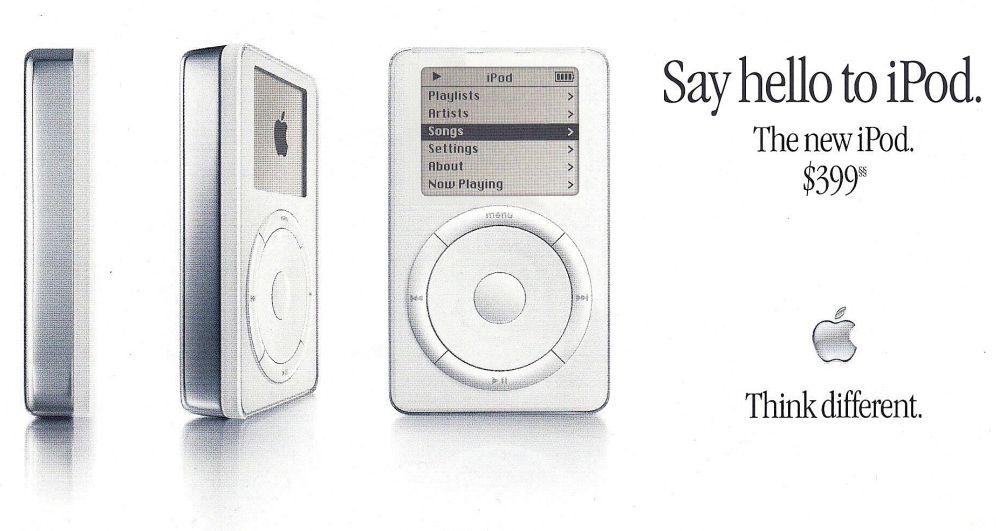When you track technology for years, and buy new devices every few months, you see a pattern emerging. Here are 10 observations that follow a repeated pattern as technology evolves.
1. The time to market for mass adoption of technology is reducing.
See point <3>.
2. The quantum of technology that we carry with us has increased – yet form factors have shrunk.
There is more technology packed in your cell phone than what was used in the Apollo space mission to the moon!
3. The fastest adoption occurs when prices fall and when users realize the convenience and utility of the applications.
With mass manufacturing, prices fall and a new technology is quickly absorbed and enjoyed by consumers. The iPhone, iPod, iPad and Sony Walkman have sold in millions of units. No one had cell phones 20 years ago. And now almost everyone has one. When the prices for Internet and mobile connectivity dropped, the subscriber base shot up.
4. We are pushing the limits of physics and chemistry – alternate materials, alloys and manufacturing techniques will need to be discovered.
Exploding batteries in cell phones are recent evidence. Process manufacturing on the latest generation of Intel Core processors has reached 14 nm. Intel is now looking for replacements to silicon and new etching processes like Extreme Ultraviolet Lithography.
5. What was once science fiction 30 – 40 years ago, in terms of gadgets and devices, is reality today.
Look at some old James Bond movies and Star Trek series. The gadgets you see there are a reality today: Instant Messaging, wearables, flip phones, tricorders, Spy cameras in pens, and controlling devices from a wearable or mobile phone.
6. Futuristic applications, and I mean five years from now, will see a blend of technologies like AI, Robotics, holographs, VR, and IoT sensors.
7. While technologiy over the years has mainly appealed to our senses like Sight and Sound, be ready for tech that involves other human senses like smell, taste, touch and thought.
8. We see that the fastest technological developments occur during events that threaten human existence or survival.
Stone age – crude hunting weapons made of stone. Two world wars: advances in weapons and artillery. Invention and use of the atom bomb; machine guns (Kalashnikov AK-47), land mines, torpedo, missiles, hand grenades, fighter planes, bombers. Germans are good with automobile engineering because of the vehicles made during the war; Colossus was the world’s first electronic, digital, programmable computer. British codebreakers used Colossus to read secret German messages during World War II.
9. Need for applications in entertainment, gaming, travel & transportation, warfare, space exploration and life sciences have been the biggest drivers for technology innovation. And this continues today.
10. Your technology or technology company will be obsolete in 3 – 5 years thanks to new digital age disruptors and their disruptive technology.
Yahoo and Orkut were once leading Internet services until Google and Facebook came along. Hotels and taxi services are threatened by AirBnB and Uber. The banks are next.
I’D BE HAPPY TO SEE YOUR COMMENTS. FEEL FREE TO CHALLENGE THESE VIEWS OR SUPPORT THEM.
———————————————————————————————-
The writer has been tracking and using technology since 1979 (the first gadget he used was the Sony Walkman in 1979).









